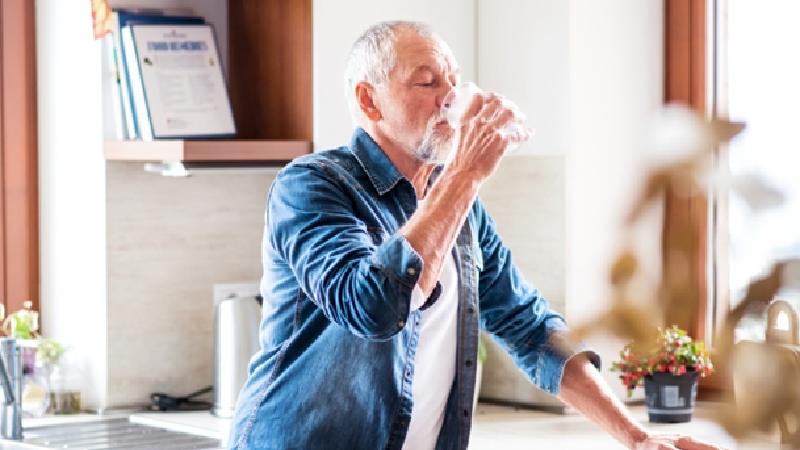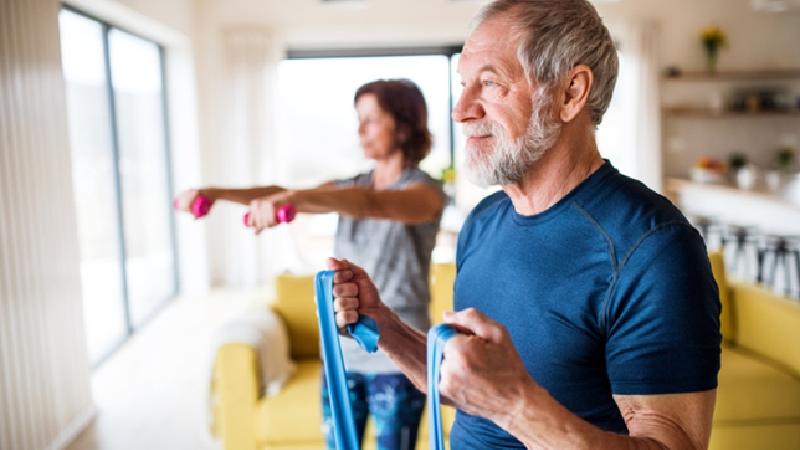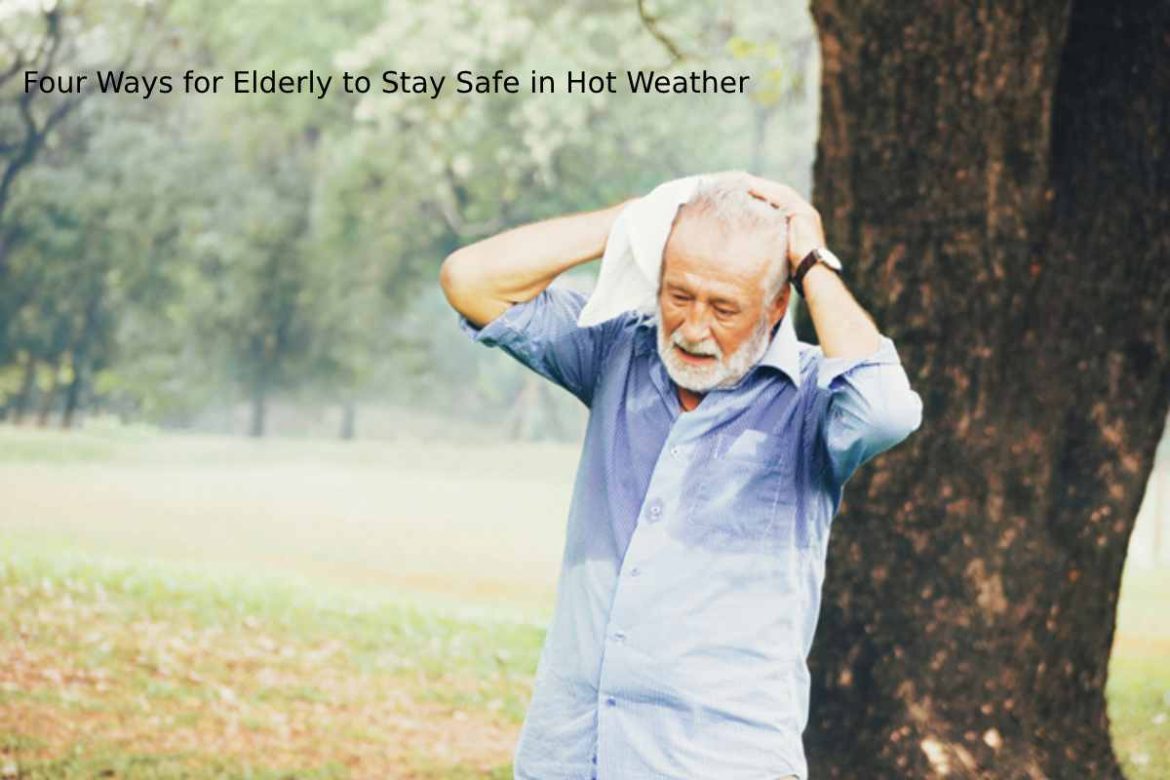While many people look forward to summer, it can also be dangerous for the elderly and those with certain health conditions, especially those with chronic obstructive pulmonary disease (COPD), heart conditions like heart failure, and those susceptible to airway infections. For these people, it is advisable to invest in climate air purifiers for dust removal from homes so they can breathe clean, fresh air. Additionally, keep an eye on their health by wearing personalized medical ID bracelets that are uniquely made for elderly people.
When the temperatures rise, elderly people are more susceptible to a variety of harmful and potentially life-threatening conditions and illnesses, which can all be grouped under the umbrella of hyperthermia.
During the hotter months of the year, it is advisable for older folks to avoid the heat as:
- Their bodies are not as well-equipped to deal with sudden temperature changes
- Certain medical conditions can alter how their body responds to heat
- Prescription medications can impair the body’s ability to regulate its temperature
Thus, it is important to understand how to stay safe when the temperature spikes.
Who Is At Risk?
Outside of age (which is a major factor), there are a variety of health issues that could put someone at risk for hyperthermia. Some of those conditions and health problems include:
- Heart problems
- Lung or kidney disease
- Conditions treated by the use of sedatives, tranquillizers or diuretics
- Reliance on a cocktail of prescription drugs
- Being underweight or overweight
- Alcoholism
- Diabetes
Be aware that if you suffer from any of the medical conditions listed above, it is wise to purchase diabetic jewellery or a medical alert bracelet for the summer months, in case your condition causes you to feel unwell or knocks you unconscious.
On that note, let’s take a look at how you can stay safe in the heat.
How to Keep the Elderly Safe in the Heat: Four Summertime Tactics
While there are a multitude of ways to beat the heat during the summer, some of the best strategies include:
1. Drink Lots of Water
Those who take medication or are over 60 are at a higher risk of dehydration than most, which can be quite a problem in the hotter months. Moreover, dehydration impacts older adults differently, which means that it is critical to be diligent about drinking water on a regular basis. In fact, you will probably want to drink more water than you think is necessary.

If you care for a loved one who suffers from dementia, Alzheimer’s or similar conditions, it is important for you to ensure that they remain well hydrated, as their condition could prevent them from being capable of recognizing or communicating their heat-caused distress.
2. Find a Cool Place to Relax
In the summertime, nothing beats the heat like closing the curtains, turning on the fan and cranking up the air conditioning. Therefore, if it is too hot outside, it is wise to head indoors and relax. Similarly, cool showers, baths or even wet clothes are a great tool to cool down when coming in from the heat.
However, if you or your loved one doesn’t have air conditioning, consider heading to a public library, church or similar building to get out from under the sun.
3. Change How Outdoor Activities Are Handled
While it can be nice to walk the dog, get out into the garden or exercise outdoors when it is warm, it can be dangerous when it gets too hot outside.
Therefore, if you are insistent on getting outside for some sunshine and fresh air, be sure to do so in the morning when it is not as hot.
Alternatively, outdoor activities like exercise can be brought inside and done at any point in the day. That way, you are not on the clock or outside too late in the day.

4. Pay Close Attention to How You Feel
For many older people, by time they begin to notice that they are being negatively affected by the heat, it may already be time for emergency medical intervention. However, going to sit in a crowded emergency room isn’t much of a solution.
Thus, it is imperative that you and your loved ones pay close attention to your state and, if you begin to feel any physical symptoms of hyperthermia, that you immediately go to your local doctor’s office for treatment.
Some symptoms to watch out for include headaches, nausea, cramps, increased heart rate, confusion, blurred vision, dizziness, weakness, light-headedness and other signs of hyperthermia.
If you take medication for heart conditions or blood pressure, be aware that these can potentially reduce how much you sweat, which is one of your body’s mechanisms for cooling itself down. This means that you are especially susceptible to heat-related issues.
Therefore, it is essential to be extremely vigilant about your well-being when the weather warms up and it gets hot outside.
How Older Folks Can Stay Safe This Summer
While the summer is a fantastic time of year, it is important to ensure that you and your loved ones, particularly older ones, remain hydrated and out of the heat as much as possible.
Utilize the tips listed above and you are sure to have a safe summer.
Also Read: How to Succeed in Healthcare Revenue Cycle Management


